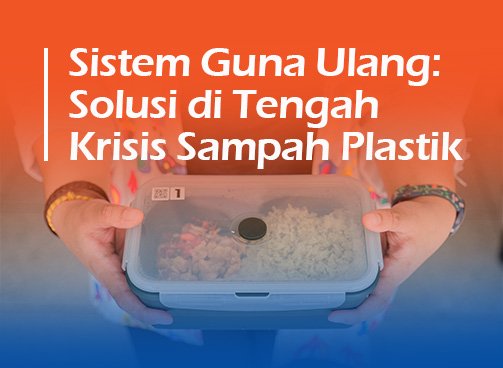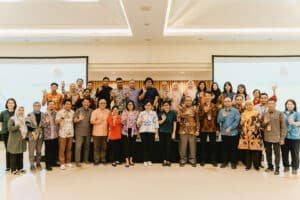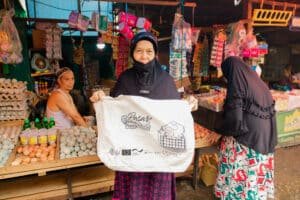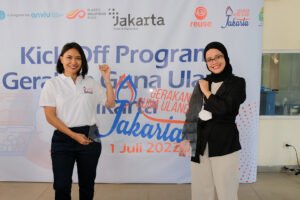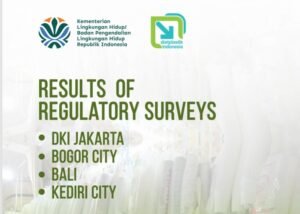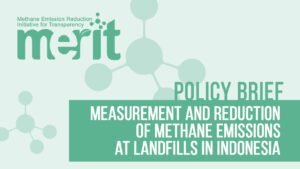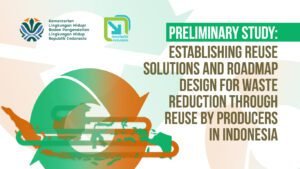Reuse Systems: Solutions amid the Plastic Waste Crisis
The issue of plastic packaging waste is still a very frightening threat. Based on research by Greenpeace Indonesia, plastic is the category of plastic most widely used by society. From 2013 to 2050, plastic production is projected to increase fourfold to 318 million metric tons in 2050 [1]. Provide a solution in the form of a replacement system for plastic packaging to ensure the plastic waste crisis continues to increase and cannot be avoided.
Seeing this urgency, people should start adjusting to reduce the use of single-use plastic in their daily activities. One way is by choosing a reuse system for everyday needs. Also, one way to fight the plastic waste crisis is to select a manufacturer that provides zero-waste product options.
It is also an absolute obligation for producers to start thinking about the environmental impact of the products they produce and immediately look for alternative innovations to replace plastic packaging. While some manufacturers are still thinking about innovations that can be used to substitute plastic packaging, other manufacturers have implemented “progressive” solutions by not providing plastic packaging at all.
One concrete form of this progressive solution is the emergence of a business model that encourages the plastic packaging-free movement. Starting from the anxiety caused by the failure of the global plastic waste management system, which is dominated by single-use plastic packaging, a refill and reuse business venture was born under the auspices of Enviu ZWLL.
Reuse is the right solution to be developed in Indonesia. This solution can solve the plastic waste problem from upstream to downstream, not just overcome the symptoms. This solution also has various economic advantages that are profitable for consumers and producers.
Koinpack, for example, provides a reusable packaging system in various sizes for household and body care products. This Koinpack is quite friendly in the community. We are targeting local stalls to waste banks in Jakarta. Enviu ZWLL offers this innovation as a replacement for single-use plastic sachets, which are still considered very easy to carry anywhere, and the price is still considered very cheap compared to large packaging.
Apart from Koinpack, there is also a venture called Qyos. In contrast to Koinpack, the Qyos venture aims to replace plastic pouches. Through this venture, various daily necessities products, ranging from personal care products to household cleaning products, are provided in refill machines, requiring consumers to bring their own containers to package the products they want.
This innovation is excellent news for consumers dreaming of a solution to plastic waste pollution, which has finally been realized. This consumer need is also, of course, a very important thing for the FMCG industry to respond to. So, with consumers’ consistent reduction in the use of single-use plastic, initiatives to send products without plastic packaging by distributors, and support for refillable products by FMCG producers, it is not impossible to stop the plastic waste crisis.
End Note:
[1] Zero Waste Living Lab (2019). Plastic Pollution Fact: Plastic Packaging Production is Predicted to Quadruple by 2050.

